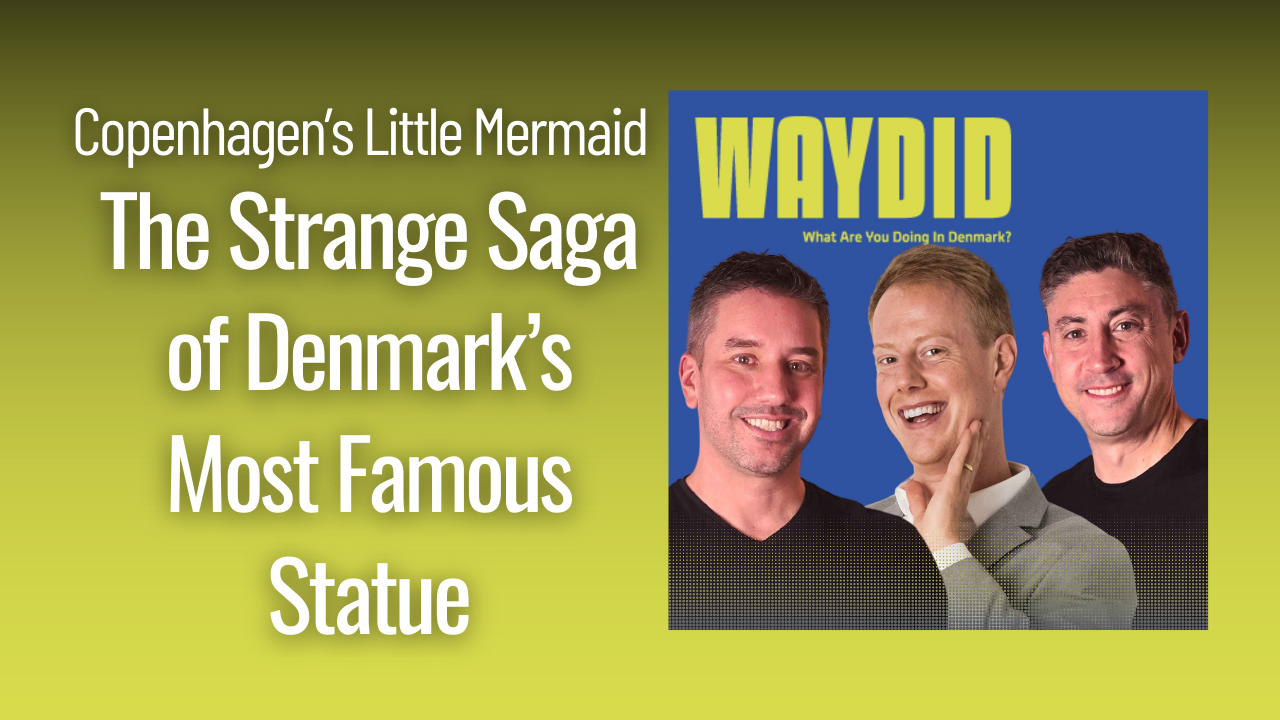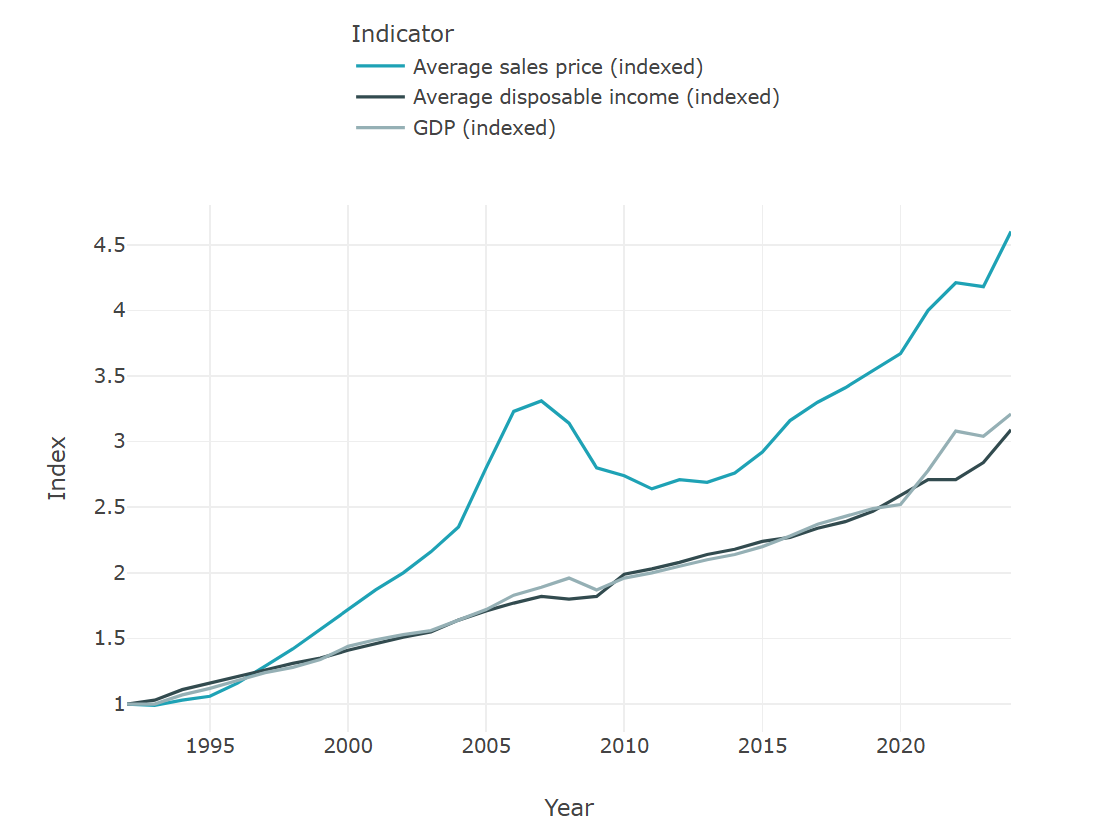The way we innovate is changing and big corporates are waking up to the fact that tech startups are disrupting whole industries from the bottom up. The best known examples are of course Uber and Airbnb, which have taken entire markets by storm. The big question is how can startups and corporates work together?
Lifespans getting shorter
Faced with the challenges of technological disruption, the life expectancy of large companies has been decreasing for some time.
According to a recent study by Professor Richard Foster of Yale University, the average lifespan of a company on the S&P 500 index has decreased from 61 years in 1958 to just 18 years today.
At this rate, by 2027 more than three-quarters of the S&P 500 will be companies that we have not heard of yet. That is staggering!
Shaken, stirred, sceptical
This growth and disruptive mindset has shaken things up, and for many corporates it has resulted in scepticism.
However, while some have chosen to swim against the tide by trying to take down these new businesses, others have started to adapt and moved their organisations closer to innovation.
One of the best examples of this is IBM, which successfully moved into information technology and consulting when its manufacturing dominance was undermined by faster-moving competitors.
Time to break some rules!
Corporates want drive, entrepreneurship and creativity, but many just don’t know how. Too often, corporate structures and politics prevent them from operating like a startup. Meanwhile, startups want the better distribution, expertise and resources that the corporates can provide.
Startups and corporates speak different ‘languages’, run at different speeds and serve different purposes. Their main goal here should be to create partnerships from which both sides benefit.
There are many ways to make this happen. A corporate could become a customer of a startup and let that improve its efficiency within its own organisation, enabling it to deliver a better experience. Or the corporate and startup could create a partnership to provide a joint solution to their customers.
The Danish-founded Prehype helps corporates innovate like startups by incubating ideas and hosting an external network of developers in collaboration with corporate employees for 12-14 weeks.
No matter which way you choose, it is time to take action. Startups and corporates need to start breaking the rules – and winning together.














